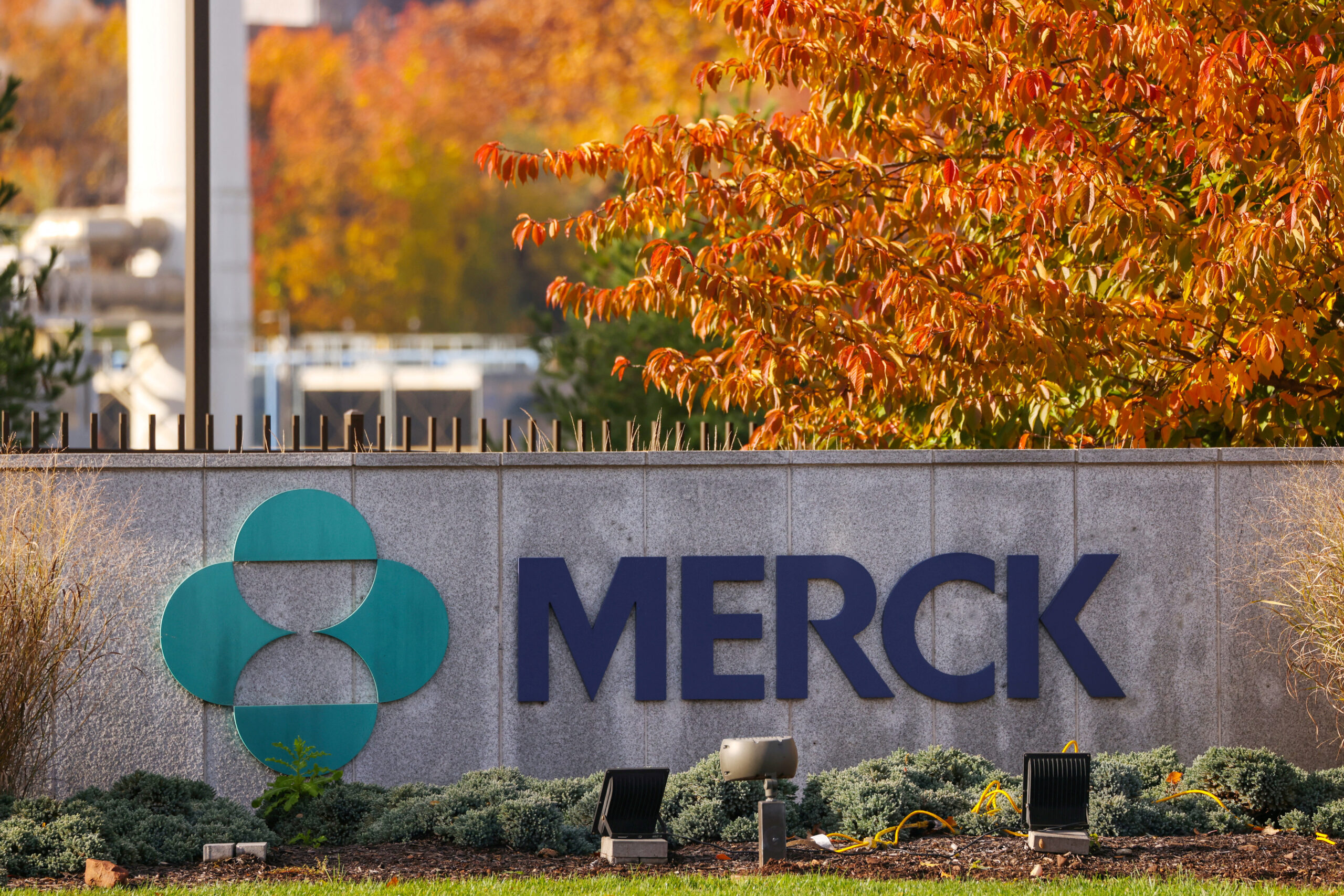On Tuesday, Merck & Co. (NYSE: MRK) said that shipments of its Gardasil vaccine in the important China market declined in the second quarter, sparking investor concerns, and its shares plunged more than 9%.
Gardasil, which prevents cancer caused by the human papillomavirus, has been one of Merck’s top growth drivers aside from cancer immunotherapy Keytruda – the world’s top-selling prescription medicine – with much of its increase coming from demand from China.
Sales of the drug have more than doubled since 2020 and are expected to close in on $10 billion this year.
Merck (NYSE: MRK) said it was trying to determine the reason for the change in China, where it was seeing lower shipments from its distributor Zhifei to vaccination centers.
“We do believe that, based on the intelligence we gathered, activity in the HPV vaccine area has been recently impacted by China’s anti-bribery and anti-corruption drive, which started last year,” CEO Rob Davis said during a conference call to discuss second-quarter results.
A year ago, Beijing began a campaign targeting bribery of doctors that resulted in business disruptions and lost deals with hospitals among international pharmaceutical companies.
Overall sales of Gardasil rose 1% to $2.48 billion, shy of analysts’ estimates of $2.53 billion.
At least two analysts attributed the slump in Merck shares to Gardasil in China.
“The weakness is largely reflective of the comments on the step down of Gardasil shipments from China partner Zhifei,” UBS analyst Trungh Huynh said.
Merck did report second-quarter results that beat Wall Street expectations on continued strong Keytruda growth.
Keytruda has been Merck’s most important revenue driver for years with annual sales expected to rise well above $30 billion before the drug loses patent protection toward the end of the decade.
Sales of Keytruda, which is approved to treat many types of cancer, hit $7.3 billion in the quarter, up 16% from a year ago. Analysts had expected sales of around $7.1 billion.
The company also recently launched Winrevair for a rare lung condition called pulmonary arterial hypertension. Sales of the drug, which analysts believe has blockbuster potential, were $70 million during its first partial quarter.
Rahway, New Jersey-based Merck also slightly raised its full-year sales projections, joining big pharmaceutical companies such as Roche, Johnson & Johnson, and Bristol Myers Squibb that lifted their forecasts when they reported earnings earlier this month.
Excluding one-time items, Merck said it earned $2.28 per share, topping analysts’ expectations by 13 cents, according to LSEG data.
Sales in the quarter rose 7% to $16.1 billion, above analysts’ expectations of $15.8 billion.
Merck (NYSE: MRK) now expects full-year sales of $63.4 billion to $64.4 billion, up from its prior view of $63.1 billion to $64.3 billion.
The company, however, cut its full-year earnings forecast mainly due to one-time charges from its acquisition of eye-focused drug developer EyeBio.
Merck now expects 2024 earnings of $7.94 to $8.04 per share, down from its earlier forecast of $8.53 to $8.65.
Merck shares were down 9.4% at $115.73 in late morning trading.
(Source: ReutersReuters)













